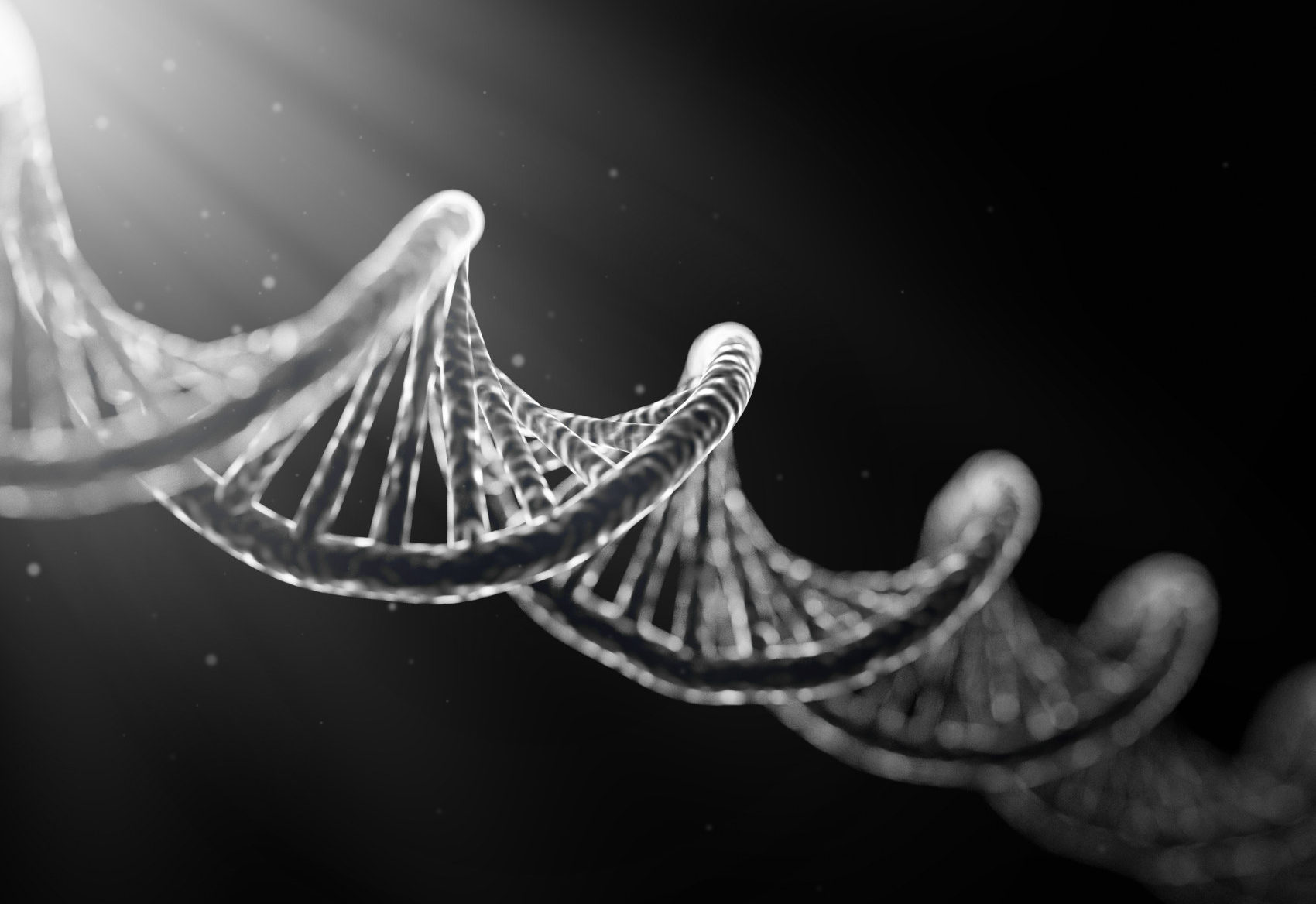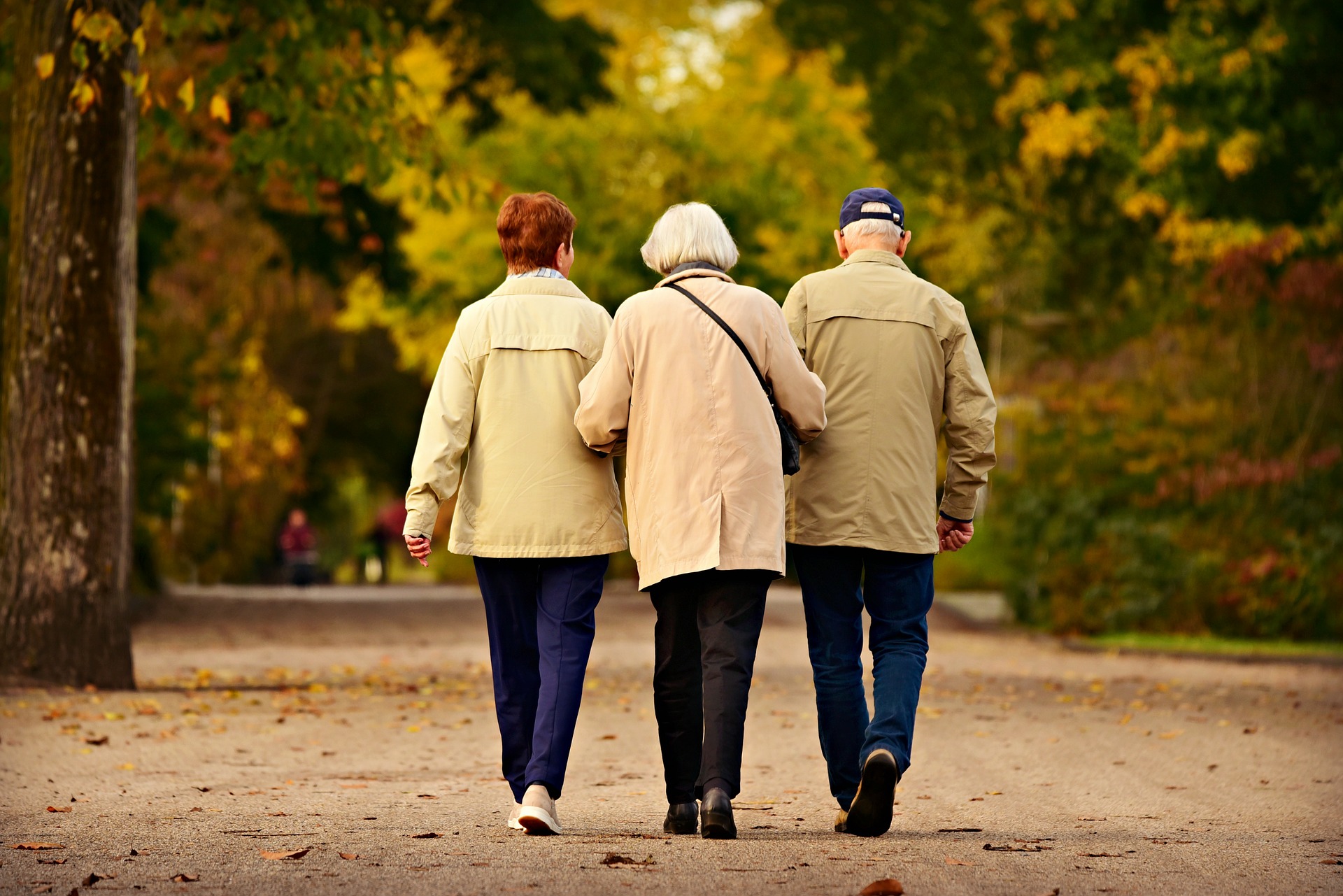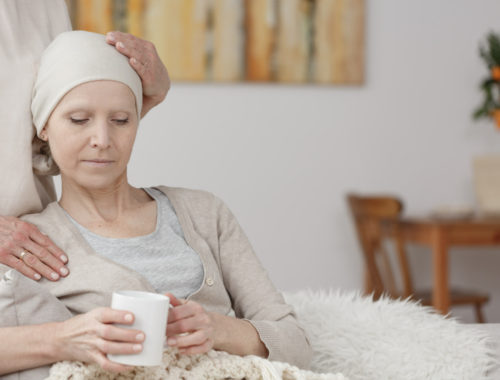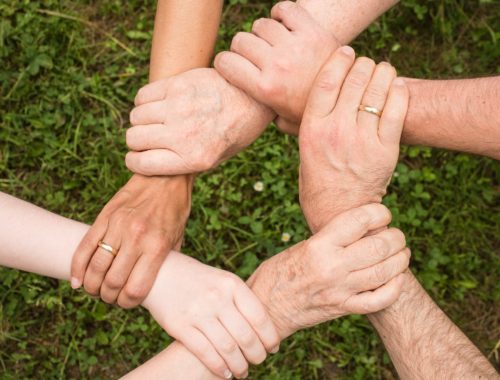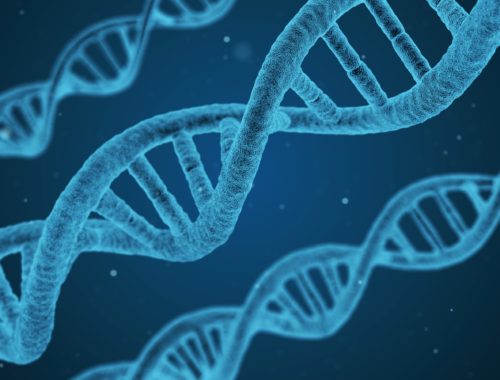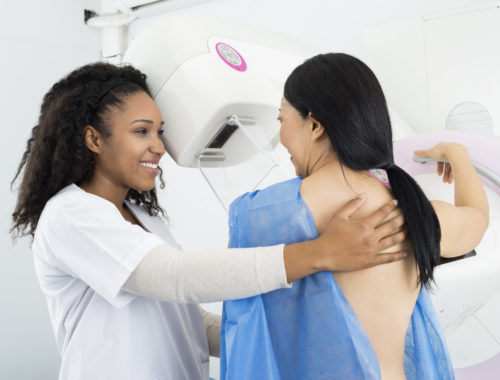Cancer 101
Which Health Risks Lead to Cancer?
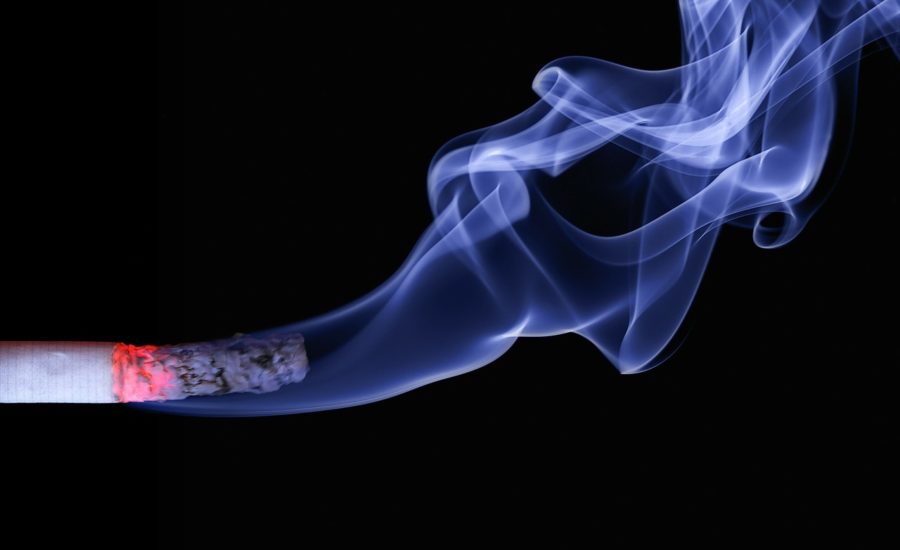
In our previous Cancer 101 article, we discuss how the genes that can lead to cancer already exist inside our DNA. So why do only some people end up developing this disease? Can cancer be passed down through our families?
Damage to genes called mutations causes the cells that make up our body to behave in cancer-defining ways. This includes traits like rapid, uncontrollable growth and the ability to hide from the body’s defenses against dangerous cells.
Mutations actually happen all the time but normally go unnoticed thanks to our body’s speedy DNA-repairing abilities. However, certain lifestyle choices and environmental factors can put us more at risk of mutations slipping through and developing into cancer.
Fortunately, there are many steps you can take to minimize your exposure to mutation-causing hazards.
What Causes Mutations?
Cells are constantly dividing to create new cells so our body can grow, repair injuries, and maintain our health. As cells divide, they copy their DNA into the newly created cells, passing along the instructions for how they should work.
Mutations can happen when a mistake is made during this copying process, changing the instructions of new cells to act in potentially harmful ways. But mutations can also occur when we are exposed to certain hazards called carcinogens.
Normally, cells can detect mutations and either repair themselves or receive a signal to die if the damage cannot be fixed. But the more mutations our body needs to repair, the higher the chance of one getting past our body’s defenses.
While it typically takes more than one mutation to lead to cancer, mutations build up in our cells throughout our lifetime. Creating the fertile ground for cancer to develop can take place over years of unhealthy lifestyle practices and exposure hazards in our environment. These include risk factors like:
- Tobacco smoke
- An unhealthy diet
- UV radiation from the sun
- Viral infections
- Excessive drinking
- Pollutants in the environment
These hazards can cause bodily reactions like chronic inflammation that increase the chances of mutations occurring.
Aging is the biggest risk factor for developing cancer because the older you get, the greater the chance your body may fail to catch mutations collect in your DNA. Most cancers start to emerge by mid-life. By 2030, the National Cancer Institute (NCI) estimates that 70% of all cancers cases will be adults 65 years and older.
While we cannot control getting older, many mutation-causing hazards can be avoided through instilling healthy habits into our everyday life.
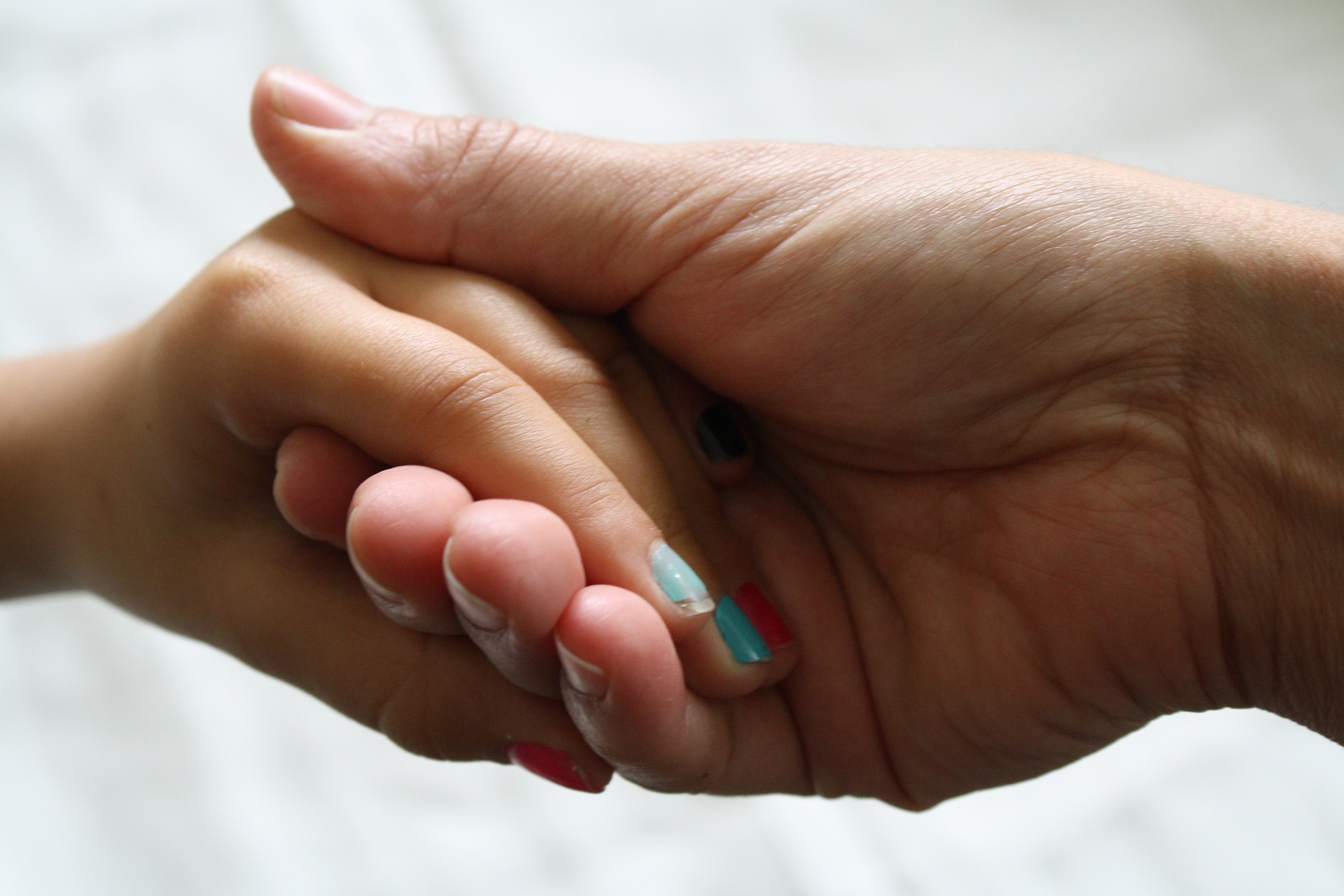
Is Cancer Inherited?
Although the genes that can lead to cancer are an inborn part of our DNA, cancer itself is never inherited.
When cancer runs in a family, the cancer itself is not what is passed down. Instead, relatives inherit genetic vulnerabilities that can potentially lead to cancer. This generational genetic mutation it is called a family cancer syndrome.
For example, hereditary breast and ovarian cancer syndrome (HBOC) is caused by an inherited mutation in either the BRCA1 or BRCA2 gene. These normally work as tumor suppressor genes, which are the brakes that tell cells when to stop growing.
When someone inherits an abnormal gene, this preexisting mutation makes it easier, and faster, for additional mutations to build up over time. This is why family-related cancers tend to occur earlier in life than other cancers of the same type that do not involve these passed down genes.
- However, studies have found that only 5 to 10 percent of cancer cases are potentially related to these inherited genetic glitches.
Knowing your family medical history can alert you to any potential genetic vulnerabilities.
Discuss with your oncologist if meeting with a genetic counselor is appropriate to confirm the existence of any family-related health risks. This information can guide your healthcare provider to recommend early screenings and other prevention measures for your family members, especially children, to detect cancers at their most treatable stage.
Keep in mind: testing can only tell you if you have a specific gene mutation. A positive test result does not always mean you will develop cancer. People with a family history of cancer may have the most to gain from screening tests and a healthy lifestyle.
The Majority of Cancers are Preventable
Our bodies fight an ongoing battle against mutations everyday, but aging is a natural process that doesn’t have to lead to poor health.
- The majority of cancer cases—as high as two thirds by some estimates—are thought to be preventable through factors within our control.
This includes habits like a healthy diet, moderate daily exercise, safe sun practices, choosing to quit smoking, and limiting alcohol intake. And it is never too late to start making changes that can have a lasting impact on your health.
Prevention is an essential part of maintaining your long term health. Continue reading the next chapter of the Cancer 101 series for information on the importance of active screening and other lifestyle habits that can reduce your cancer risk.

